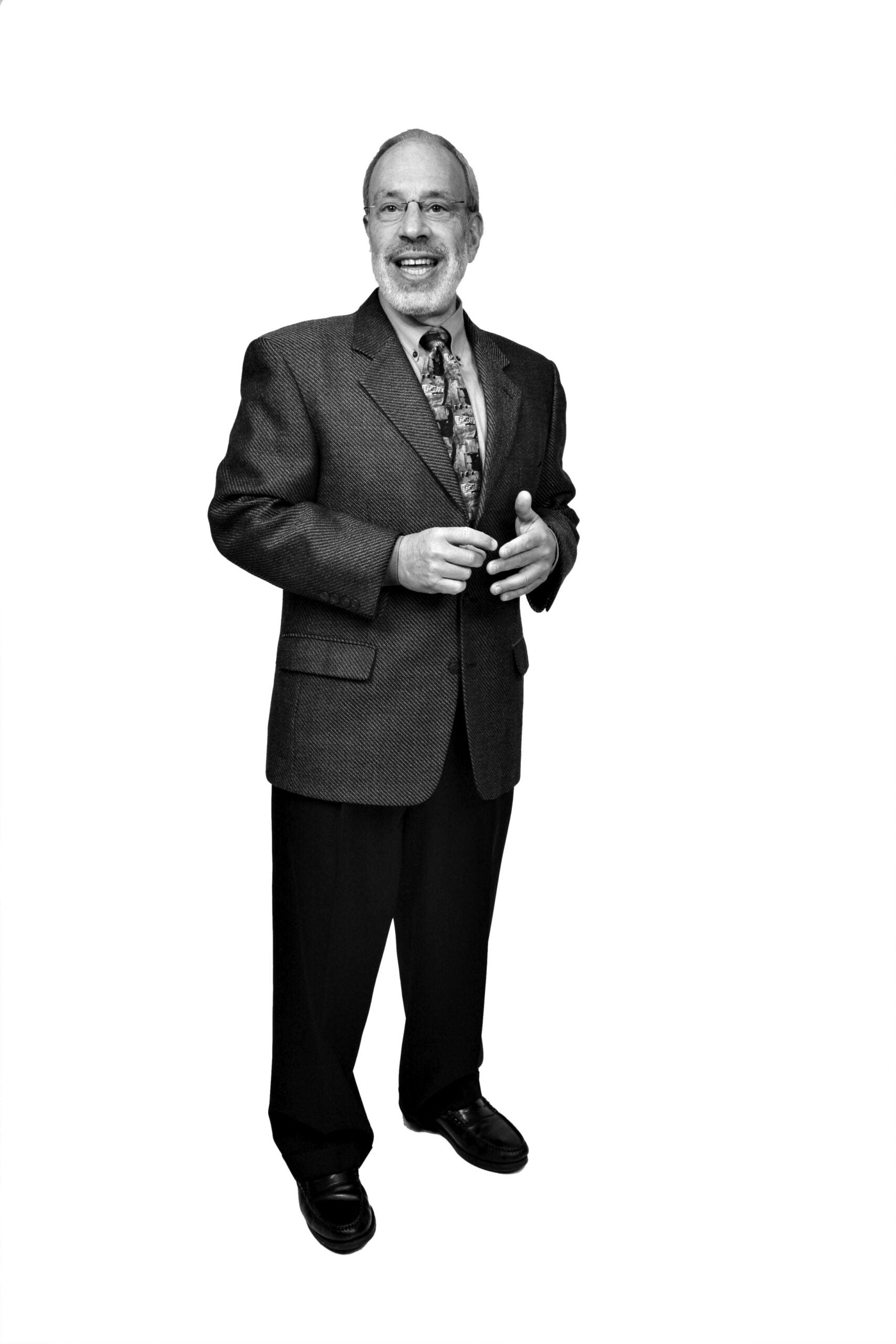Standing on principles shaped at HLS, Steven Goldberg ’72 wins a landmark ruling
Steven Goldberg ’72 has never been afraid to challenge authority. From protesting the Vietnam War while a student at Harvard Law School to representing a National Guardsman in a suit against the involuntary extension of his enlistment, the Portland, Ore., attorney has sought to check misuse of power and to support those affected by it. That was his goal in a case involving one of the most controversial initiatives surrounding the War on Terror, which for him exemplifies overreach at the highest level of government.
Since 2006, Goldberg has served as one of the attorneys representing Al Haramain, a now defunct Islamic charity with an American branch in Oregon, and two of its American lawyers, in a case alleging that the Bush administration illegally wiretapped the plaintiffs after suspecting the organization of terrorist ties. The basis for the suit emerged only after the government inadvertently sent another attorney representing Al Haramain a document—reportedly a log of calls—that pointed to the apparent surveillance. That document—and arguments surrounding its use—led to a complex and long-running case involving state secrets and the president’s ability to circumvent Congress, which culminated in a federal judge ruling on March 31 that the surveillance was unlawful under the Foreign Intelligence Surveillance Act.
“We never understood how unbelievable this case would be in terms of the novelty of the issues and the amount of time it would take to work on the case,” Goldberg says. “But at the same time, it’s the most challenging, exciting thing I’ve ever done in my legal career.”
Attorneys who viewed the document in 2004 in fact did not understand what it signified until December 2005, when The New York Times reported on a warrantless wiretapping program that President Bush had secretly authorized after the 9/11 terrorist attacks. Until then, Goldberg says, they assumed that the surveillance had been authorized through a warrant under FISA. Soon after the attorneys filed the suit, the Department of Justice sought to remove consideration of the document and dismiss the case itself using the state-secrets privilege. “When the state-secrets privilege is asserted as a defense, it’s extremely difficult to argue against it,” says Goldberg.
Ultimately, he and the legal team were able to establish standing to sue the government over warrantless wiretapping—they are the first litigants to do so—by citing evidence other than the document’s contents (which he is not allowed to disclose), including a speech by an FBI official acknowledging that the charity had been surveilled. The attorneys representing the charity operated under the assumption that they too were being surveilled, according to Goldberg, and tried to discuss critical legal strategies only in person.
Goldberg expects that the government will appeal the judge’s decision, which provides for yet-to-be-determined compensatory damages. He notes that the Obama administration has contested the case just as vigorously as the Bush administration, which initiated the program.
“The core issue of how easily a president can disregard Congress is still very critical and needs to be resolved,” he says.
He became connected to the case through his work with the National Lawyers Guild, a progressive legal organization that he has been involved with since law school. As a student, Goldberg got a project funded for law students to counsel soldiers on issues such as filing for conscientious objector status, and he worked for a welfare rights organization. Later he became partner in the Portland firm Goldberg, Mechanic, Stuart & Gibson, concentrating on labor law and civil rights, and a few years ago he launched a solo practice.
Having his own practice gives him the flexibility, he says, to devote the substantial time necessary to cases like Al Haramain’s. Nearly 40 years after graduating from law school, he remains influenced by the protests of his youth, still driven by a commitment to fight for the principles he believes in.
“When I was in law school, the times were infected in a positive way by challenges to government both domestically and internationally,” Goldberg says.
“I don’t think I’ve ever forgotten those lessons. It’s kind of determined how I’d lead my life and pursue my legal career.”
